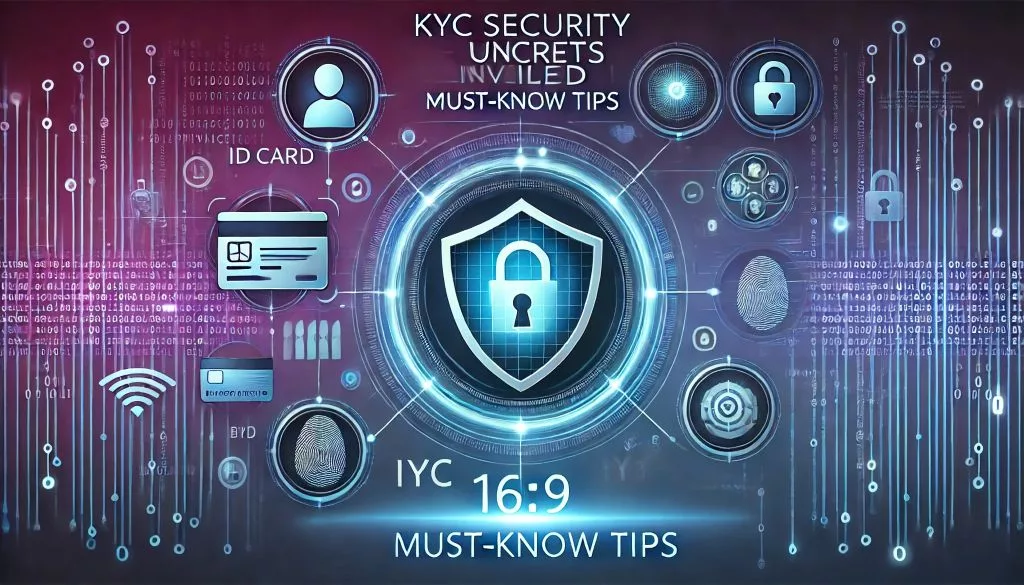Hey everyone! Today, let’s chat about a topic that’s super relevant to our lives yet often overlooked — KYC (Know Your Customer) security. In this information overload era, protecting personal information is more important than ever. And KYC is vital when using financial services! I’ll share some critical KYC safety knowledge, real-life examples, and personal experiences!
1. What is KYC?
- KYC is a compliance process in the financial industry used to verify user identities to prevent fraud and money laundering.
- For instance, when you register on an online payment platform (like Alipay or WeChat Pay), you’ll be required to upload your ID and a selfie, which is a form of KYC.
2. Importance of KYC
- Protecting Financial Security:
- For example, a friend of mine casually filled out personal information on a shady investment platform and ended up losing tens of thousands of yuan. After the incident, the police found out that the platform had many fraud cases due to the lack of KYC checks.
- Safeguarding Financial Transactions:
- Another example is when a large bank implemented KYC verification for clients applying for high-limit credit cards. They discovered discrepancies in applicants’ submitted materials compared to previous account records, successfully preventing a potential financial loss.
3. My Personal Experience with KYC
- When I first registered on a payment platform, I went through KYC verification by uploading my ID and a selfie. Initially, I was worried about my information being leaked.
- However, thanks to their encryption technology and privacy policies, I felt a bit more at ease. After using it for a few days, I found the platform quite reliable, especially with all the positive user reviews.
4. KYC Safety Tips
- Choose Legitimate Platforms:
- Always check whether the platform you use has legal operating credentials. Personally, I’ve been using a well-known payment platform, and their KYC process is very standardized, keeping my information secure.
- Regularly Change Passwords:
- For instance, a friend of mine kept using the same password everywhere and ended up getting hacked after a data leak. Now, I change my passwords every three months and use combinations of letters, numbers, and special characters.
- Enable Two-Step Verification:
- Many platforms offer this feature. In my experience, receiving a code on my phone adds an extra layer of protection—if someone steals my password, they still won’t get in easily.
- Share Personal Information Cautiously:
- I once saw someone sharing their ID and bank account details on social media, which made my heart race. It’s crucial to maintain strong privacy awareness!
5. Future Trends in KYC
- As technology evolves, KYC will become more intelligent and automated, like using biometric technology. I was thrilled when I saw a platform allowing fingerprint/facial recognition for identity verification; it felt super convenient and safe.
- Blockchain technology may also improve KYC processes’ security and transparency. For instance, some emerging fintech companies are starting to use blockchain to record customer identity information, ensuring it’s immutable.
In conclusion, though KYC can be a tedious process, it’s worth taking seriously for our financial security! I hope today’s sharing helps everyone; let’s protect our privacy and live peacefully!
